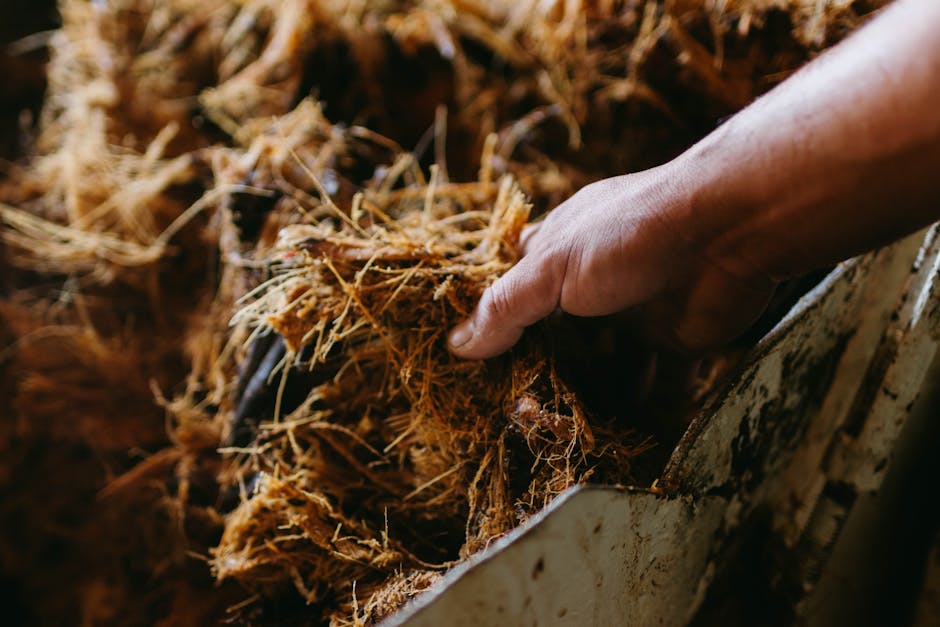It’s 2025, and seriously, if your closet isn’t starting to whisper about organic cotton, you’re missing out. Not just because it’s a trend, but because, truly, it feels different. Better. And what that means for our planet, well, it’s a whole lot. We used to just grab whatever shirt off the rack, right? Didn’t think twice. Now, things are, you know, shifting. People are asking questions. About how their clothes got made. And if you’re asking, there’s a good chance you’ve already heard whispers about cotton that’s, well, grown right.
This isn’t some super complex idea. Cotton, but without the nasties. The pesticides, the awful chemicals that mess up the soil and the water. It’s pretty simple, actually. For years, conventional cotton production, it’s been a real drain. Like, seriously thirsty for water, and it loves its chemical baths. Farmers, the land, even the folks working in the fields, they bear the brunt of it. Imagine working day in and day out with all that stuff floating around. Not ideal, not at all. And then that stuff, it gets into the fabric, and you wear it. All day. Every day. Makes you think, doesn’t it?
Organic cotton? It’s cotton that got to grow up a bit more naturally. Without the harsh synthetic fertilizers, without the toxic pesticides. They use things like compost, crop rotation, and beneficial insects to keep pests at bay. It’s a slower process, sure, but what you get? A purer fiber. A fiber that hasn’t been blasted with chemicals from the very start. And when that fiber becomes your favorite tee shirt or your comfy jeans, you can feel it. There’s a certain softness, a little more give. Maybe it’s just in my head, but I don’t think so. It feels good to wear something that didn’t come at such a high cost to everything else.
The whole thing with organic cotton, it’s connected to so many parts of life. Like, imagine a bee. A tiny, fuzzy bee, just doing its job, pollinating. In a conventional cotton field, that bee’s probably having a rough time. Pesticides don’t discriminate much. But in an organic field, where biodiversity is a thing, the bees are buzzing, happy. Other critters too. It’s about building up the soil, making it rich again, not stripping it bare. So, it’s not just about what’s not in your shirt; it’s about what is happening where your shirt began. Good stuff, growing.
And the water usage, that’s another big one. Conventional cotton is, well, notoriously thirsty. Organic methods, because they help improve soil health – making it like a sponge, basically – they can actually reduce water needs. Especially important in places where water is already, you know, scarce. Thinking about all that, it makes you see your clothes in a different light. They’re not just fabric. They’re part of a bigger system. A system we can either hurt or help, depending on what we pick.
What’s interesting is how it feels on your skin. People sometimes ask, “Is it really different?” And yeah, it is. It’s often softer, often feels a bit more breathable. Some say it lasts longer too. Maybe because the fibers haven’t been weakened by all those chemicals. It’s got a nice drape to it, often. Doesn’t feel stiff or scratchy. Like, remember that favorite old t-shirt you had? The one that just got softer with every wash? Organic cotton starts a lot closer to that feeling. From the jump.
Beyond the Basics: What Wearing Organic Cotton Really Means
It’s not just about personal comfort, though that’s a pretty good reason to jump on board. What about the people? The farmers, the factory workers? This is where it gets real. When you don’t use harsh chemicals, those folks aren’t breathing them in. They aren’t getting sick from pesticide exposure. Their communities aren’t seeing their water sources polluted. So, choosing organic is kind of like voting with your wallet for better human conditions, for fairer labor practices, for a healthier existence for a lot of people you’ll never meet. Pretty cool, when you think about it.
And the cost? Yeah, sometimes it’s a bit more expensive up front. I get it. It’s not always easy to spend an extra few bucks on a t-shirt. But here’s the thing: think about what you’re paying for. You’re paying for healthier soil, cleaner water, safer working conditions, and a product that, in my experience, holds up better. It’s an investment. In quality, sure, but also in principles. If a shirt costs you fifteen bucks, and an organic one is twenty-five, but the organic one lasts twice as long and didn’t poison a river, which is the real deal? You know? It’s not just about the price tag at the cash register.
Some people might say, “Oh, it’s just marketing. It’s all greenwashing.” And yeah, there’s some of that out there, for sure. You gotta be smart. Look for certifications. Things like GOTS (Global Organic Textile Standard) – that one’s a big deal. It covers the whole chain, from how the cotton is grown to how it’s processed and dyed. If a brand just says “organic,” but there’s no certification, then you might wanna dig a little deeper. Don’t just take their word for it. Be a bit of a detective.
The Future of Your Closet?
So, where’s this all going? I bet by 2030, organic cotton won’t even be a niche thing. It’ll just be… cotton. The norm. We’re already seeing more and more brands making the switch, not just the small, super-ethical ones, but bigger names too. It’s becoming less of a specialty item and more of an expectation. Consumers are demanding it, and that’s, like, huge. When enough people say “we want better,” things actually change.
And it’s not just shirts and pants. Think about your sheets. Your towels. Even baby clothes. All those things that touch your skin for hours. Making those organic, too? Big difference. It’s a pretty quiet revolution happening in our wardrobes, but it’s a powerful one. We’re changing how things are made, one comfortable, guilt-free piece of clothing at a time. It feels good. Really good.
Frequently Asked Questions About Organic Cotton Clothes
Q1: What makes organic cotton different from regular cotton?
Basically, it’s all about how it’s grown. Organic cotton skips the synthetic pesticides and fertilizers that regular cotton needs. Instead, farmers use natural ways to keep the soil healthy and keep pests away, like crop rotation or beneficial insects. It means cleaner soil, less water use, and a safer environment for everyone involved.
Q2: Is organic cotton always more expensive? Why?
Often, yeah, it costs a bit more. But there’s a good reason. The farming methods are more labor-intensive, and the yields might be smaller sometimes. Plus, getting certified organic isn’t cheap for the farmers or the manufacturers. But think of it as paying for quality, for cleaner production, and for ethical practices. It often lasts longer too, so it might balance out in the end.
Q3: How can I tell if a garment is truly made from organic cotton?
The best way is to look for certifications. The big one to watch for is GOTS – the Global Organic Textile Standard. If a product has a GOTS label, it means the entire production process, from farming to manufacturing, has met strict organic and social criteria. Don’t just trust a “natural” or “eco-friendly” label without some kind of proof.
Q4: Does organic cotton feel different on my skin?
Many people, myself included, say it does. Organic cotton often feels softer and more breathable. Because it hasn’t been chemically stripped or treated with harsh stuff, its natural fibers often feel more comfortable against the skin. It can also be a bit more durable in the long run.
Q5: What are the main benefits of choosing organic cotton clothing for the environment?
Oh, lots. For the environment, it’s a big win. No harsh chemicals means healthier soil and water, which is better for local ecosystems and wildlife. It also generally uses less water compared to conventional cotton farming, especially where smart farming techniques are used. It’s a step towards slowing down the climate crisis, little by little, shirt by shirt.















